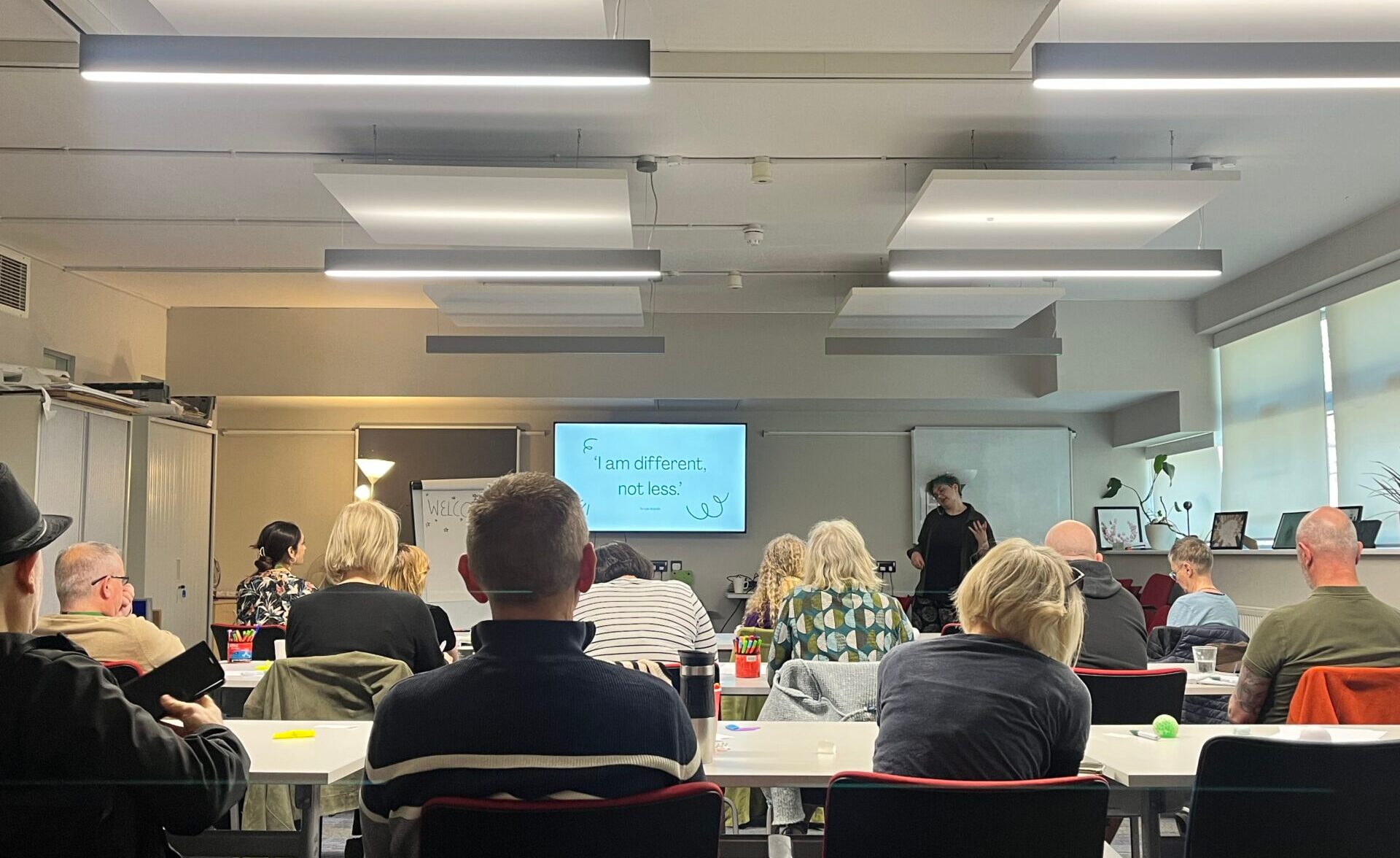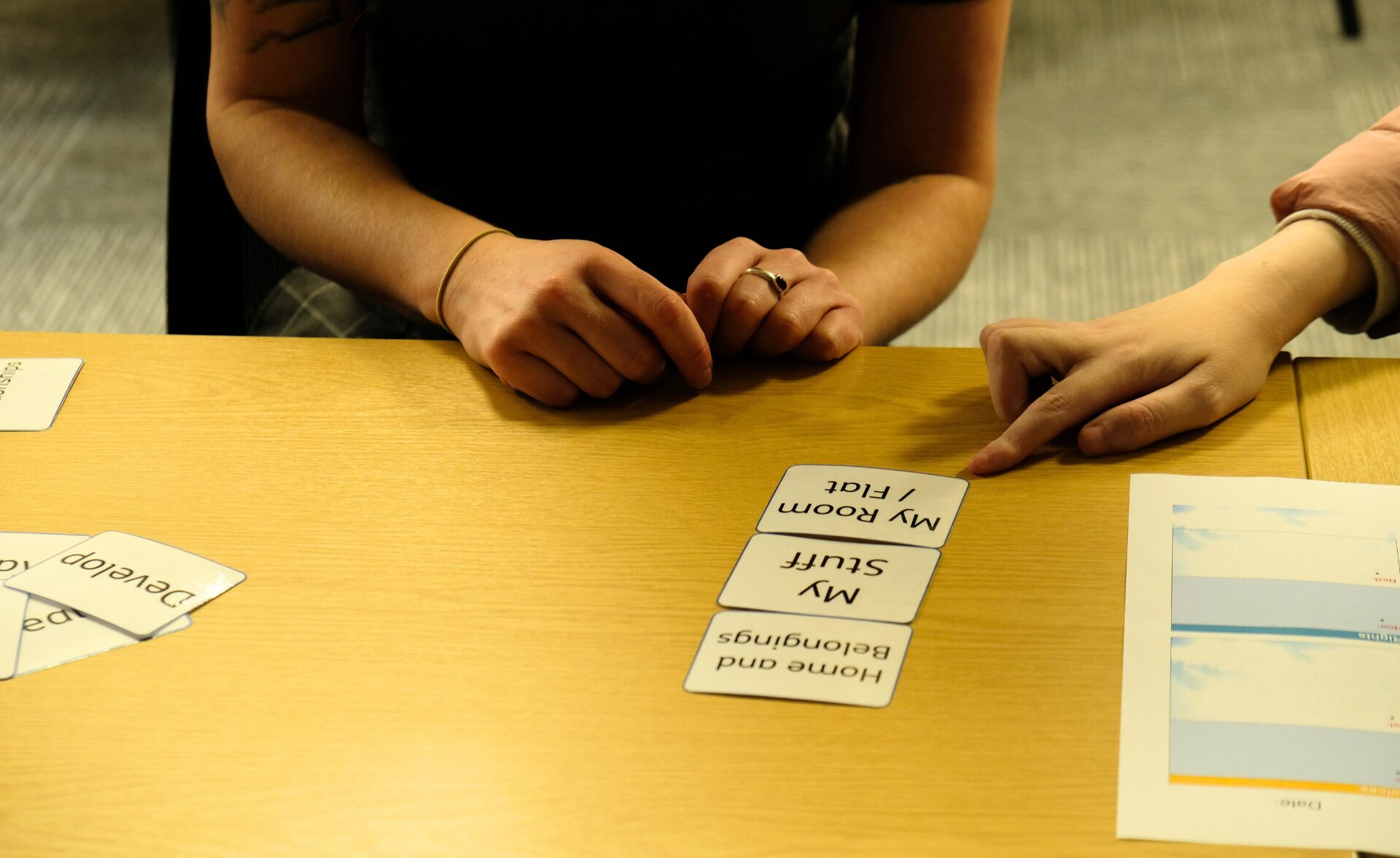New ‘Discharge to Assess’ Pilot Service in Brighton and Hove
Posted on 7 December 2020
Jim Aspdin, our Director of Housing, and Gareth Liley, Team Manager of our Homeless Prevention and Mental Health Support Service in Brighton and Hove share an update on a new pilot project….
Jim says, “On the 2nd November, Southdown launched Discharge to Assess – a new scheme that offers a short-term package of support and accommodation to individuals ready to leave mental health inpatient settings.
“The service offers a managed transition for clients from the hospital setting to the community for those who no longer need the higher levels of support and supervision provided on the ward.
“Individuals will receive self-contained, furnished accommodation and an intensive package of support as they move from hospital to the community. Support workers will assist clients in rebuilding connections with the wider community, offer support and advocacy in managing ongoing mental health issues and assist them in exploring their longer term accommodation options.
“The service should mean clients have a better experience in moving from psychiatric inpatient settings once they no longer require the levels of care provided. For the NHS, the provision of accommodation for these clients to ‘step down’ will free up beds in inpatient settings for those most in need of them.”
Discharge to Assess is a five month pilot project and is being delivered by Southdown in partnership with Brighton and Hove City Council, Sussex Partnership NHS Foundation Trust and Venture People.
Gareth Liley, Team Manager of our Homeless Prevention and Mental Health Support Service in Brighton and Hove, has been involved in establishing the project and will be overseeing delivery of the service throughout its pilot phase until the end of March 2021.
Gareth says, “It’s been an exciting project to be involved in which we hope will be successful in easing the transition for people from hospital settings to living independently in the local community. The individuals referred to the service will receive one to one support tailored to their needs for a maximum of up to six weeks.
We already have two people referred to the service who have moved into the two units of accommodation with Floating Support Officers providing daily support sessions. The initial feedback we have received from our two new clients has been overwhelmingly positive and we are all excited to see how we can support them over the coming weeks to achieve their aspirations and goals.”



